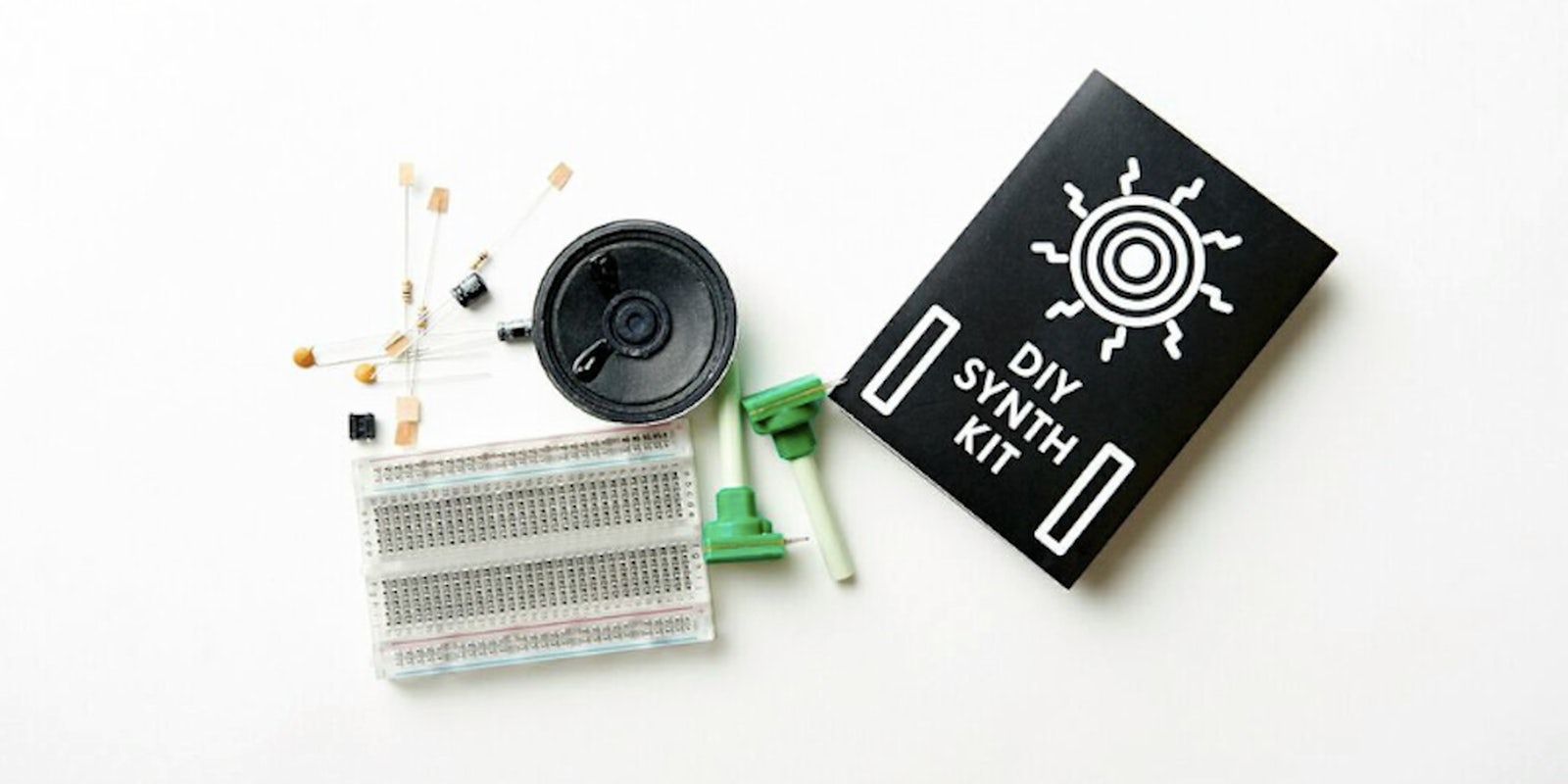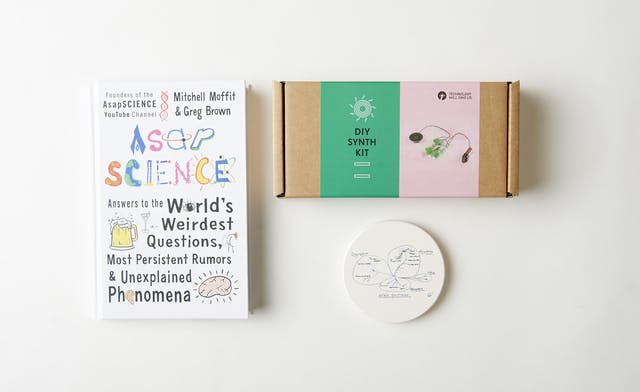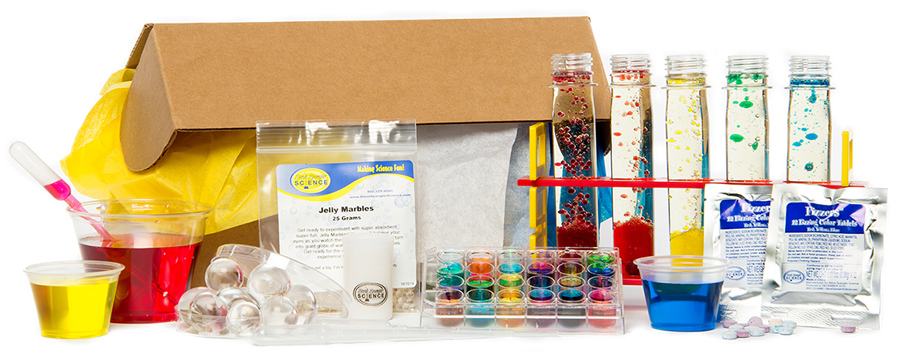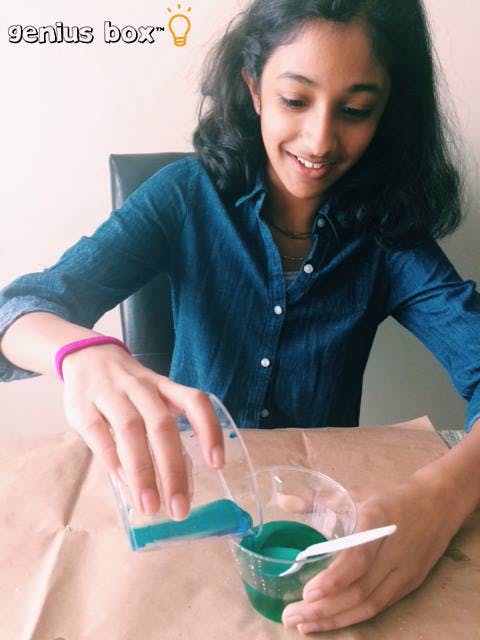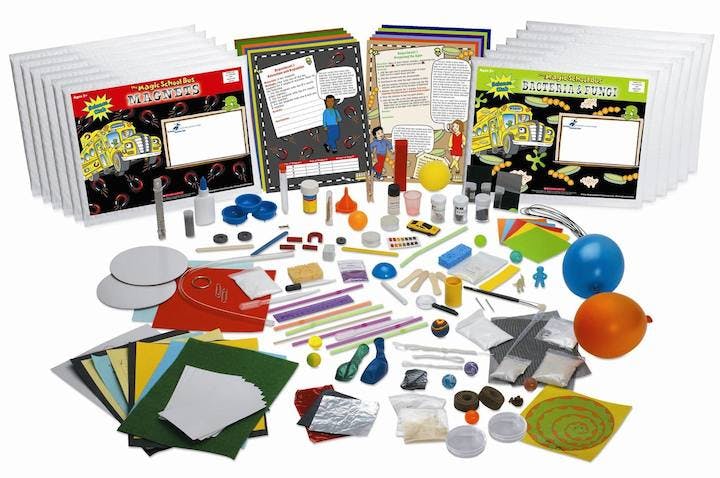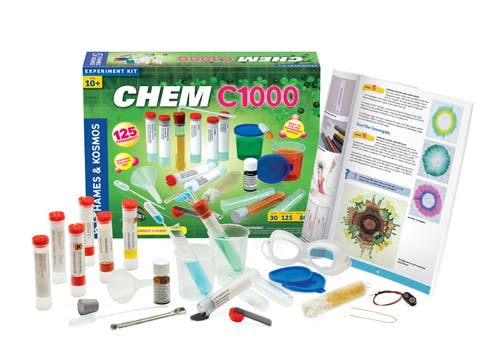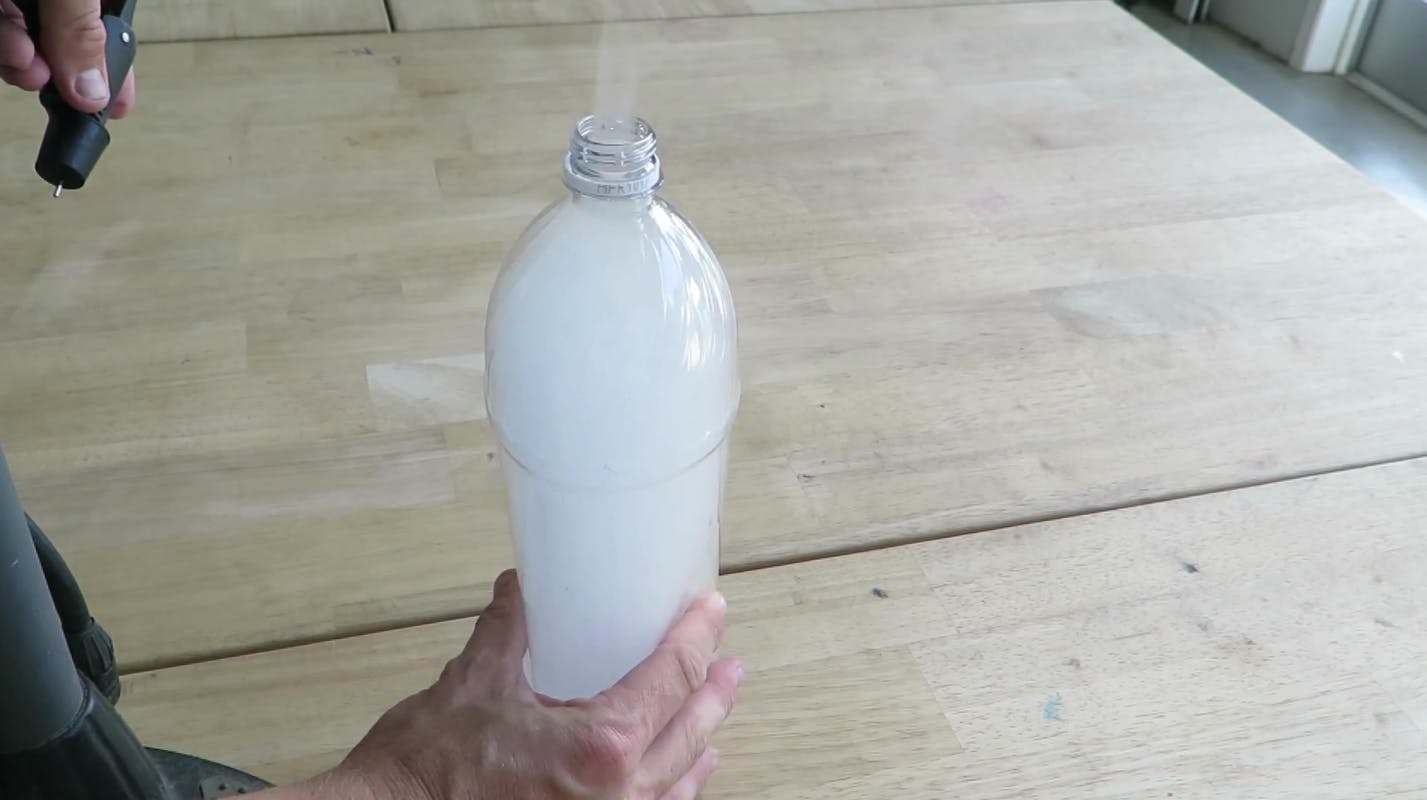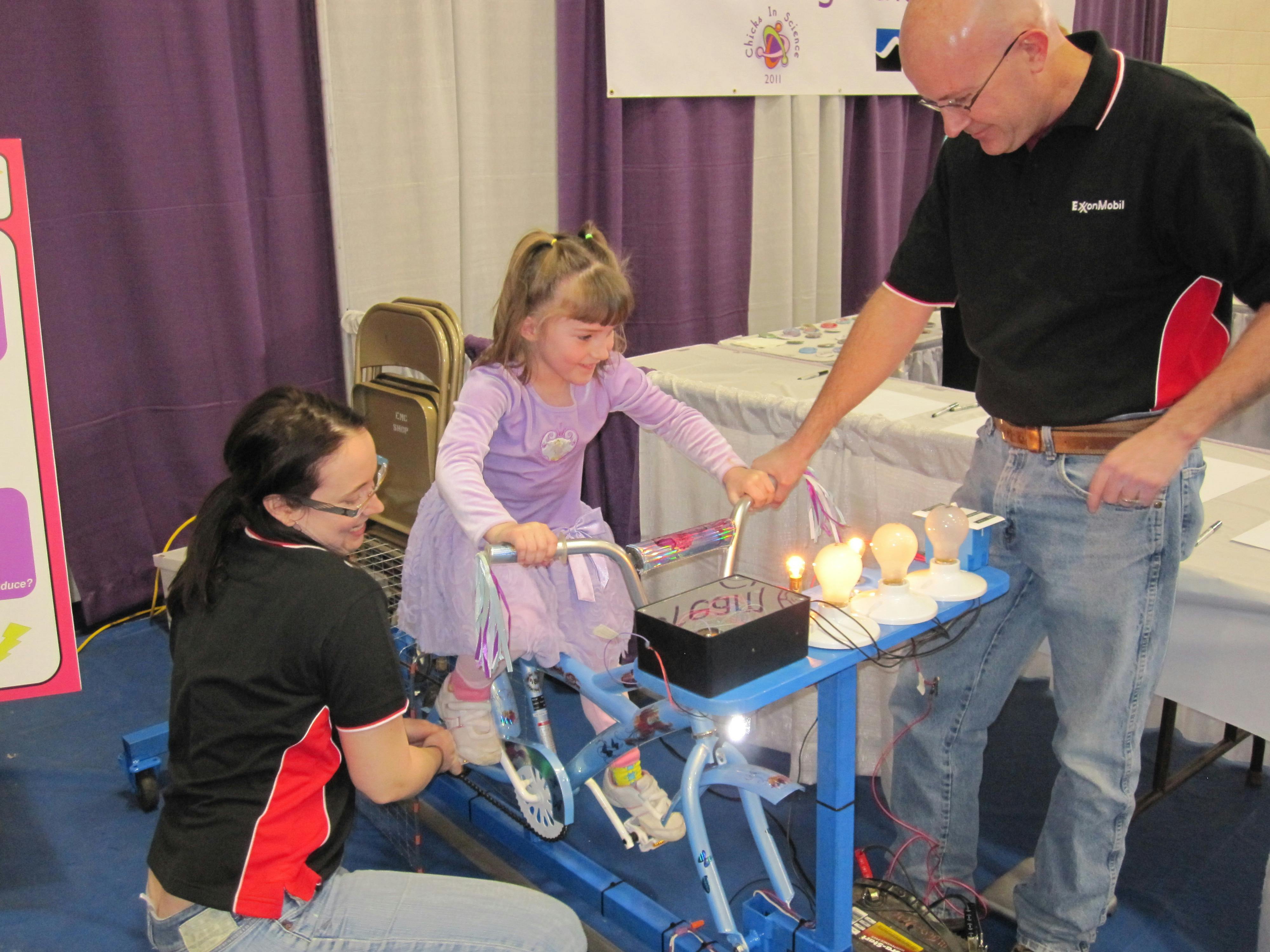Wanna have boxes full of geektastic science projects delivered to your house monthly? Of course you do.
Fans already have plenty of ways to get popular online subscription kits full of fun pop culture merchandise, but if you or your kids have been itching to kill the summer boredom blues with fun science projects in your home, you also have a number of options to choose from. While you can order subscription boxes monthly, there are also some DIY ways you can build your own experiments at home.
Here are a few options worth checking out for science geeks of all ages.
Subscription Kits
Online monthly subscription boxes let you activate your curious inner scientist. It’s great to see that most of the science-oriented options are geared towards kids, who need to be encouraged to explore science more. Adults looking for something more advanced might run into difficulty, but if you’re a complete beginner, starting with these kid-centered kits might not be a bad idea. Don’t write them off before you give them a look to see if they might be right for you. There are even some kits outside of the monthly subscription options that should be considered.
Here are five options you can start with when exploring the world of science kits.
1) Bill Nye Kit
Who better to receive a science package from than Bill Nye, the science guy himself? As a part of subscription service Quarterly, every three months you can receive a box filled with “items to help change the world” apparently hand picked by Nye. Technology, culture, and toy related items are in each box along with a letter from Nye. For $50 a box, it’s a big investment, but before you decide on whether or not to buy it, you can get a look at some of what people have received in past boxes. In the April box, for example, subscribers received an AsapScience book, DIY Synth Kit, custom coaster, and more.
2) Spangler Science Club
This monthly subscription kit from Steve Spangler Science is aimed at kids in grades K–6. Each month has a different theme like “kitchen chemistry” or “the power of air.” The boxes are supposed to come with everything you need to perform hands-on experiments and activities, including materials and step-by-step instructions. There are three different subscription options available, depending on how much you want to spend and for how long. The monthly option costs $29.99, while three months costs $86.97 and 12 months cost $299.88.
3) Genius Box
This monthly box features STEM projects for kids ages 8–11. It includes three or more activities for a new topic each month. Previously covered topics include earth science, polymers, and gravity. You can see what was in the July box on their website. You can also choose the length of your subscription, starting at one month for $25.
4) The Young Scientists Club
Through the Young Scientists Club, you have multiple options for exploring science each month. The Young Scientists Club subscription is geared towards kids ages 5–12 and can be shipped once or twice a month. Each kit at $11.99 plus shipping includes instructions and materials for exploring a science curriculum on topics like magnets, minerals, and acids and bases. The curriculum-based experience in particular is unique to this kit service. You can find examples of the kits on their website.
The Young Scientists Club also offers monthly Magic School Bus Science Club kits at $19.99 a month. These are based on the popular books and TV show, covering similar topics to the Scientists Club. Clifford the Big Red Dog Science Club for ages 3 and above also uses familiar characters in their kits. The Clifford subscription is $33 a month and can be received for up to six months, during which a variety of topics that are described on the website will be explored.
5) Individual Kits
If you don’t have a lot of storage space or disposable income, or just don’t want to commit to a monthly fee, a subscription box might not be the best choice for you. But you can also find a number of single kits online. Adults in particular will probably find more varied and challenging options here. Examples of websites that deserve a look in this category include Thames & Kosmos, Home Science Tools, and even ThinkGeek. The Young Scientists Club also offers a few individual options.
DIY Instructions
If you’d rather use ingredients and materials you already have at home or can buy yourself, then you can also go the DIY route. There are a couple of places to find instructions you can follow online.
1) Instructables
You can find a number of projects others have tried in the science section of Instructables, from instant clouds to wind tunnels. Projects include instructions and the materials used so you can give them a try yourself. It’s also a great place to connect with others and share any of your own science projects.
2) Scientific American
Every Thursday, you can find a new science activity to try in Scientific American’s Bring Science Home section. These activities are mainly for kids ages 6–12 to try with adults. They offer a nice range of activities like generating electricity with a lemon battery and exploring friction by launching items.
3) Science Bob
You can find a great variety of experiments that you can try with kids on the website of teacher and science personality Science Bob. For the most part, the experiments are not too complicated and don’t require a ton of materials. The experiments include making an electromagnet, blowing up a balloon with yeast, and building a hovercraft!
4) Make
In Make’s science category, you can find more step-by-step projects to try at home. Its two subcategories, health and energy, offer a way to narrow down the specific projects available. You can find everything from how to build a generator bicycle to Lord Kelvin’s Thunderstorm on the website. You can also submit your own project to Make.
Photo via Quarterly/Facebook
Listen to the genius way Reddit brings real science to millions. Introducing 2 GIRLS 1 PODCAST:

Two actors who perform bizarre internet content on stage dive into the deepest web wormholes with fandoms, tech pioneers, and members of fringe online communities.
Alli Goldberg and Jen Jamula have hilarious and humanizing conversations with Bronies, top Reddit moderators, professional ticklers, video game archaeologists, dating app engineers, adult babies, cuddling specialists, vampires, Jedi, living dolls, and more.
Listen:
Or subscribe in your favorite podcast app.

